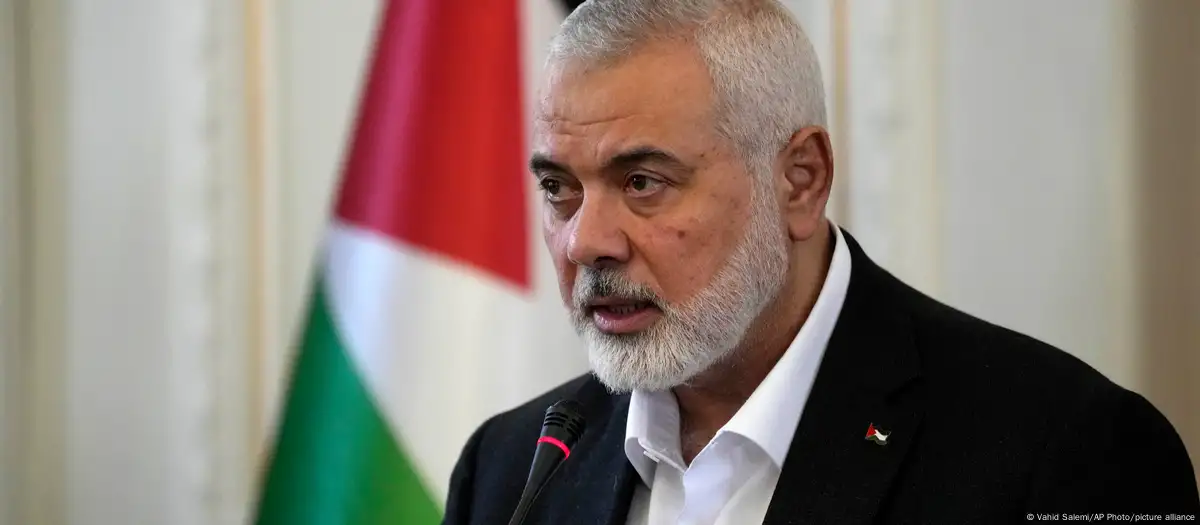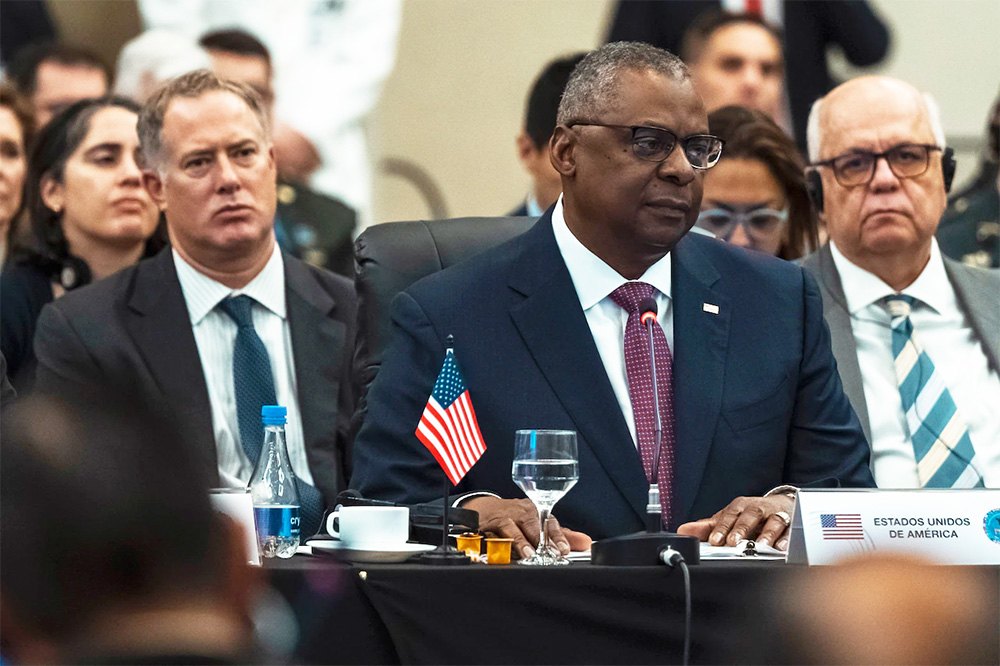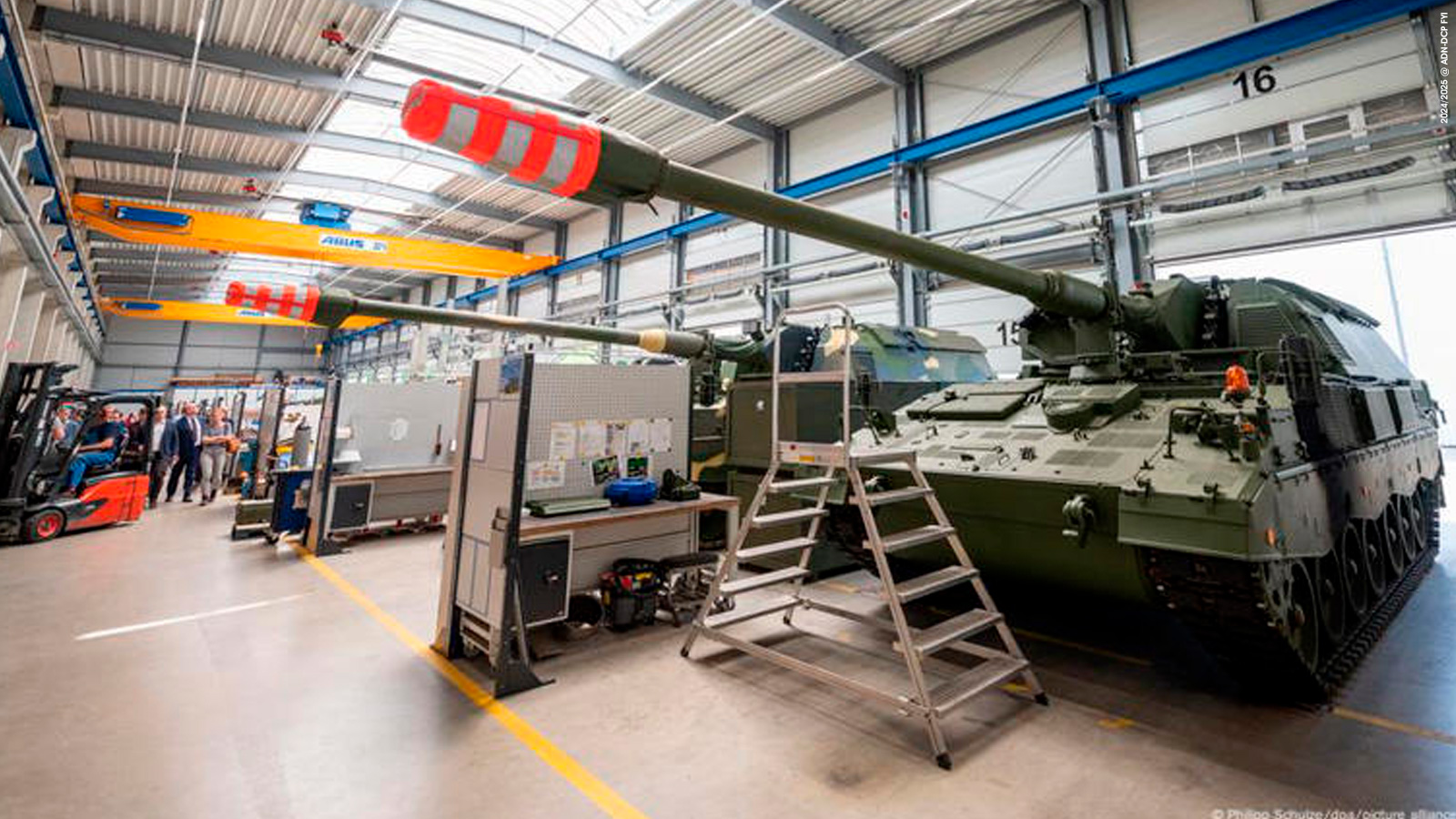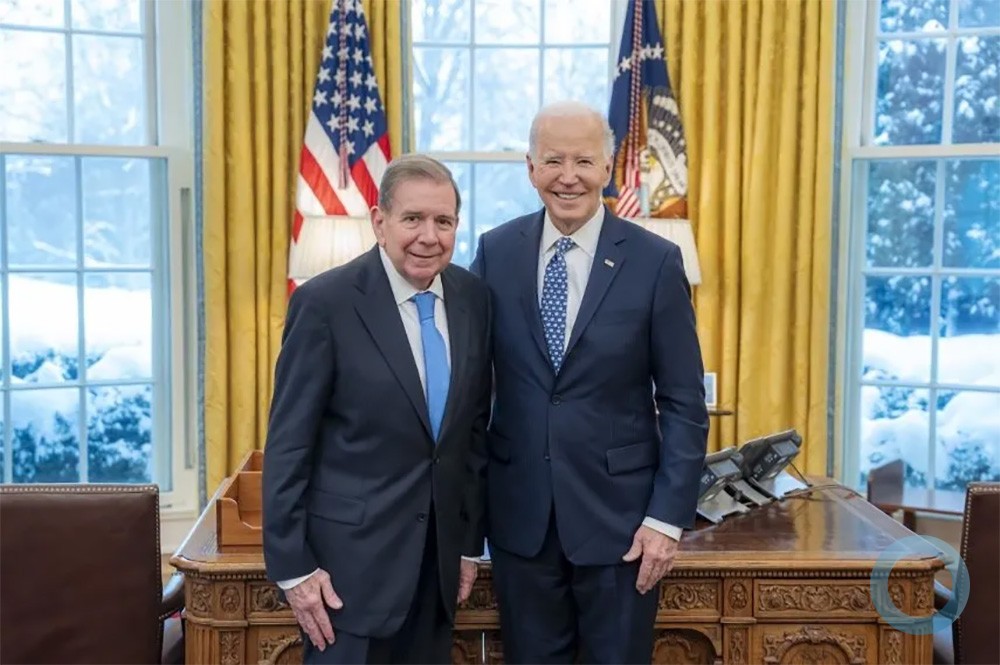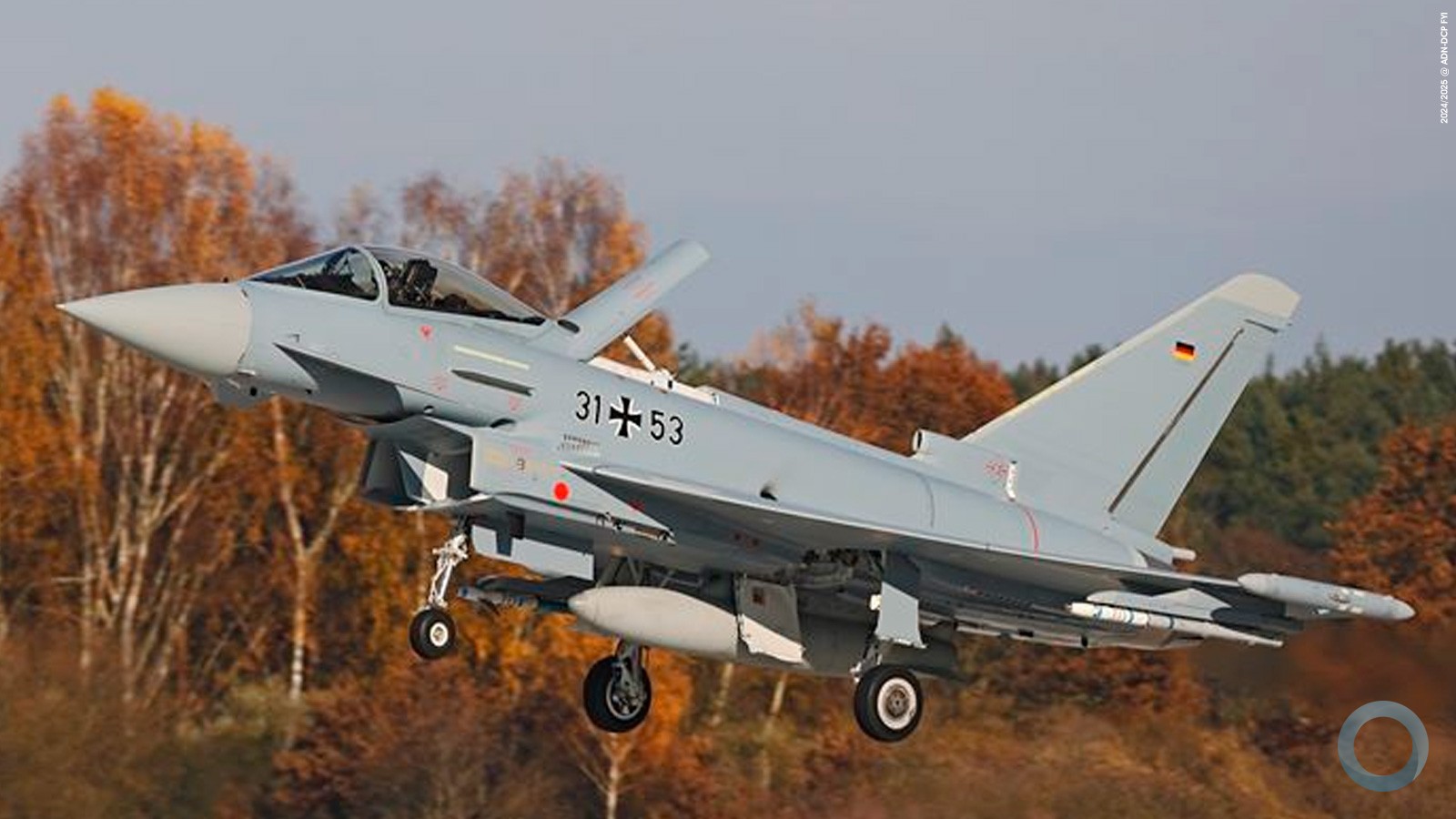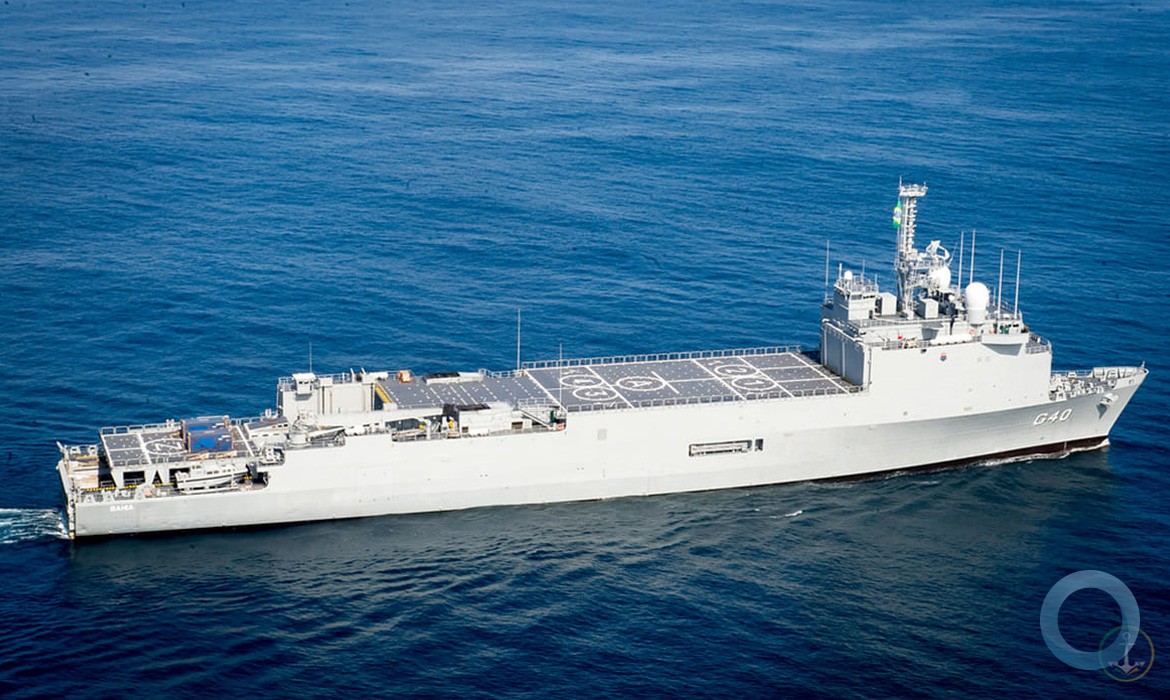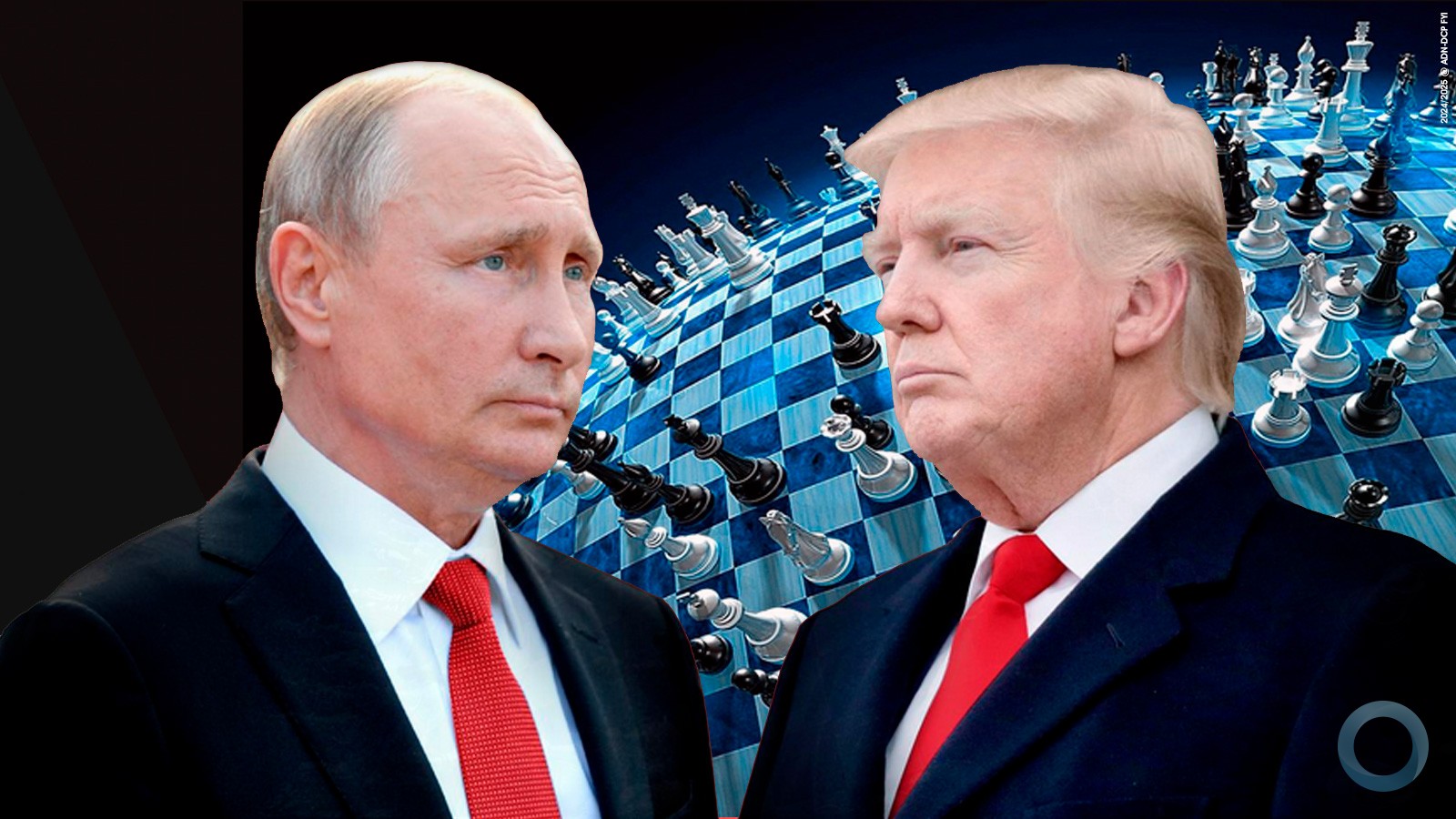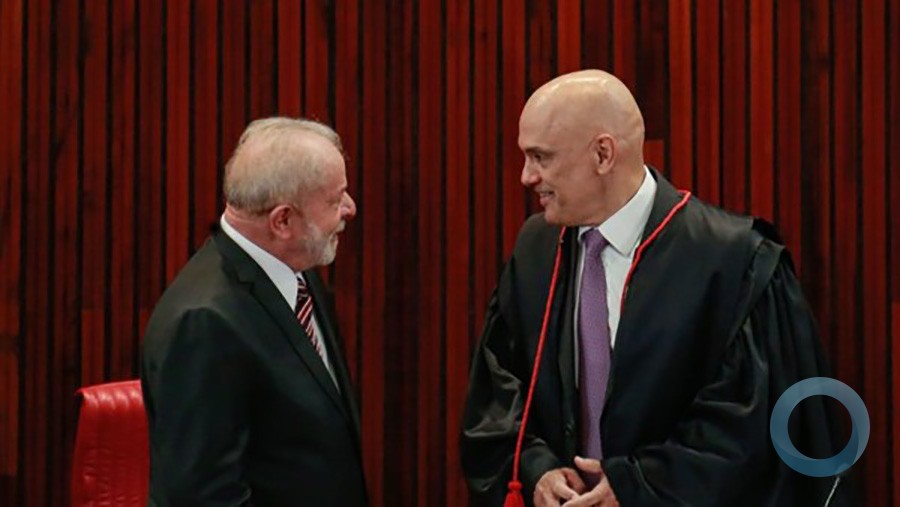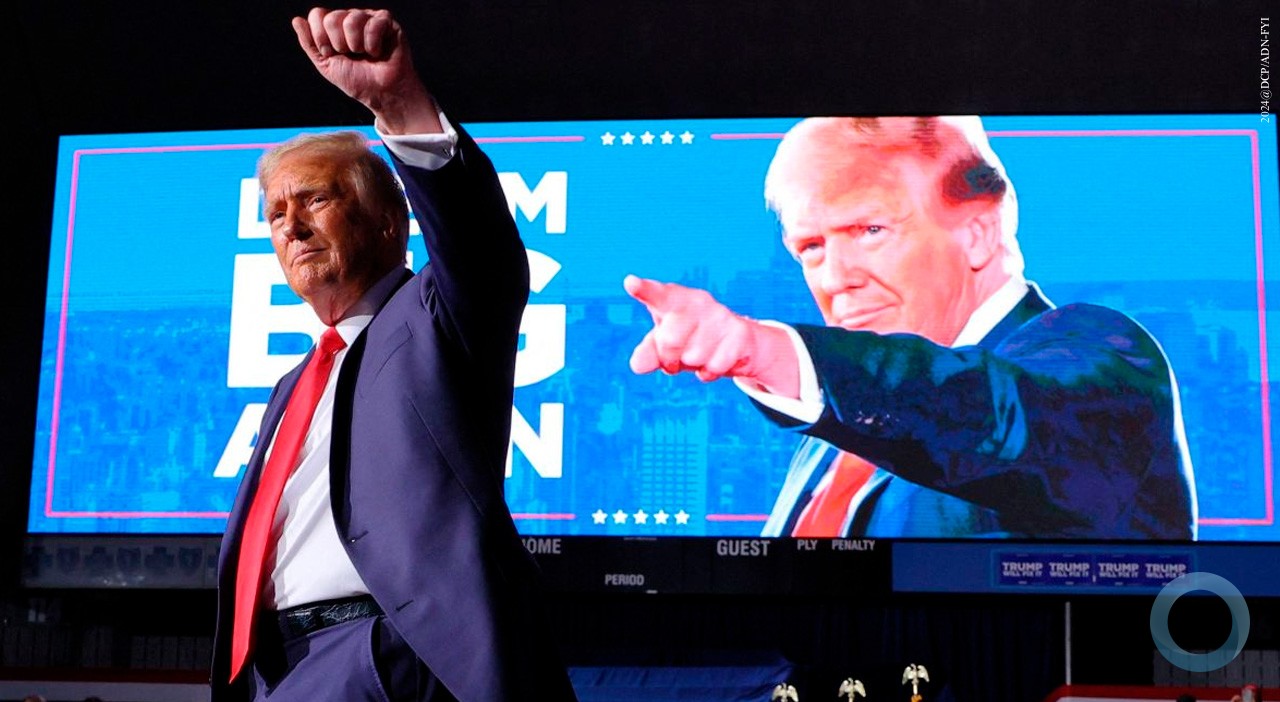German Chancellor Angela Merkel and Brazilian President Dilma Rousseff had all the reasons in the world to find more time for each other during the first German-Brazilian government consultations. From the German perspective, closer ties with Brazil are strategically indispensable. The government doesn't seem to have quite realized this yet, but German industry has.
German companies in Brazil are now responsible for 10 percent of GDP in what is the seventh-largest economy in the world. In June, BASF opened another chemical factory in Brazil, investing more than half a billion dollars.
The race to catch up is fully underway. Rail lines, pipelines, oil industry infrastructure, airports, telecommunications, streets, and ports – the modernization of Brazil is being powered by international consortiums, and Germany is no longer leading the charge.
Politically, Germany also seems to be playing a lesser role for Brazil. A joint initiative to reform the UN Security Council has been put on ice. And although both Merkel and Rousseff were targeted in the NSA spying scandal, the two governments have done little more to push back beyond verbally expressing their shock.
More than samba and solar energy
With these government consultations, Berlin hopes to breathe new life into bilateral relations. Cooperation between the two nations is set to receive a boost with 15 signed agreements and a common declaration on climate protection. Brazil is now one of nine countries with which Germany holds regular discussions.
But as important as this initiative is, 24 hours of government consultations are not enough to make up for years of missed opportunities. In Berlin, there's a lack of understanding and recognition for Brazil's role as a global player in foreign policy, climate protection, agricultural business and world trade.
In the past 20 years, Brazil has not just climbed up the ranks to become the seventh-largest economy in the world; it has also become a staunch defender of emerging nations' interests. It has won numerous disputes at the World Trade Organization, particularly when it comes to fighting patent rights for AIDS medications. It has also taken a leading role in UN peace missions, and begun pushing for reform of the Security Council and the International Monetary Fund (IMF).
Underestimated power
It raises the question why Germany began government consultations with China, Russia, and India before Brazil. Why does the country seem to be regarded as an outsider, removed from global centers of power? Why does Germany neglect up-and-coming regions in South America in favor of Asian markets that may shine with high growth rates, but that are highly problematic from a political standpoint?
Both countries should use these consultations to step out of crisis mode for a moment and consider new horizons. Germany needs Brazil to gain support from emerging and developing nations on global issues. And, of course, as an economic partner.
For its part, Brazil needs investment and technology from Germany. It needs Berlin's support in the free-trade negotiations between the EU and the South American trade bloc, Mercosur. And there's one other thing it needs: Real, not just symbolic, recognition.






